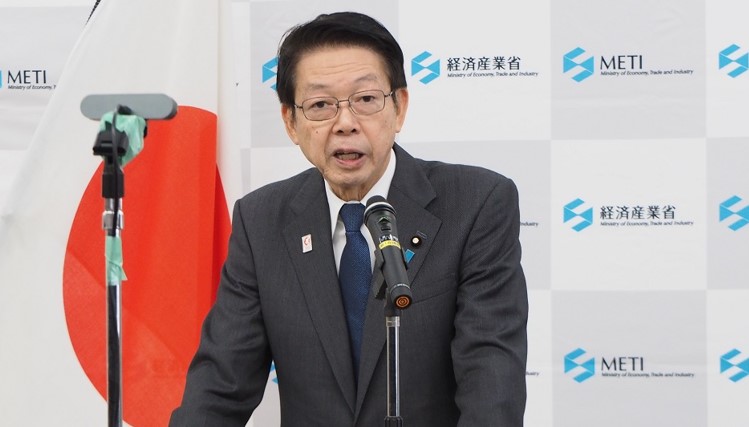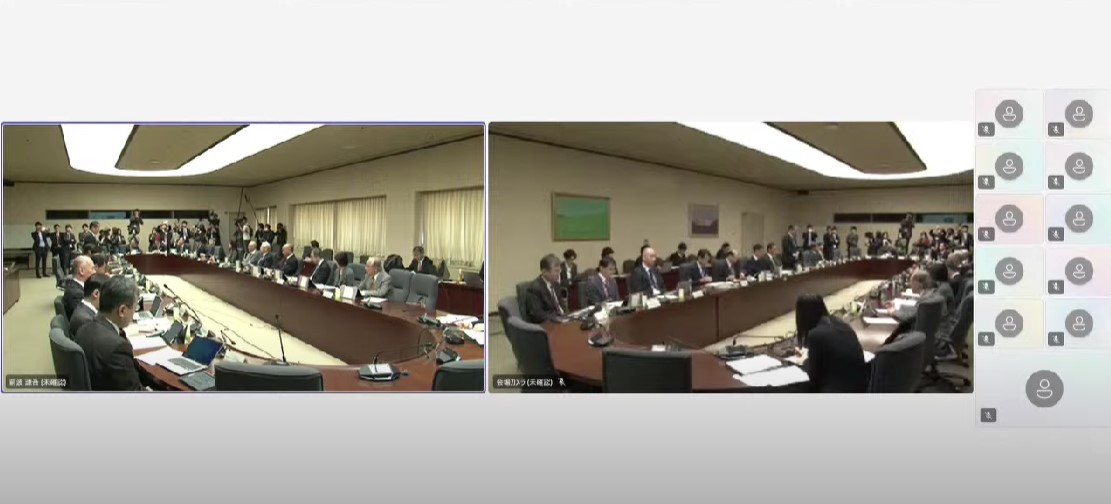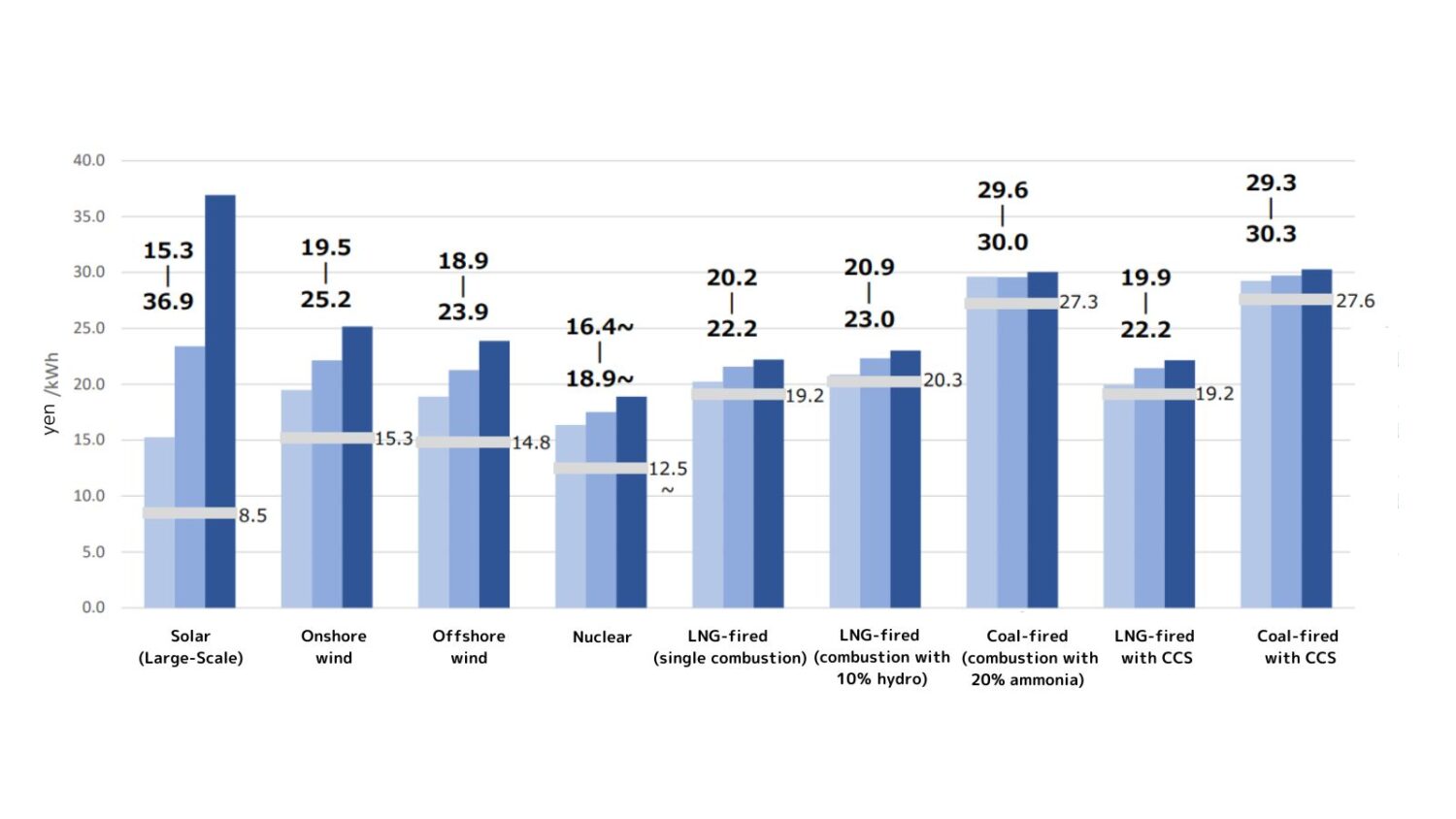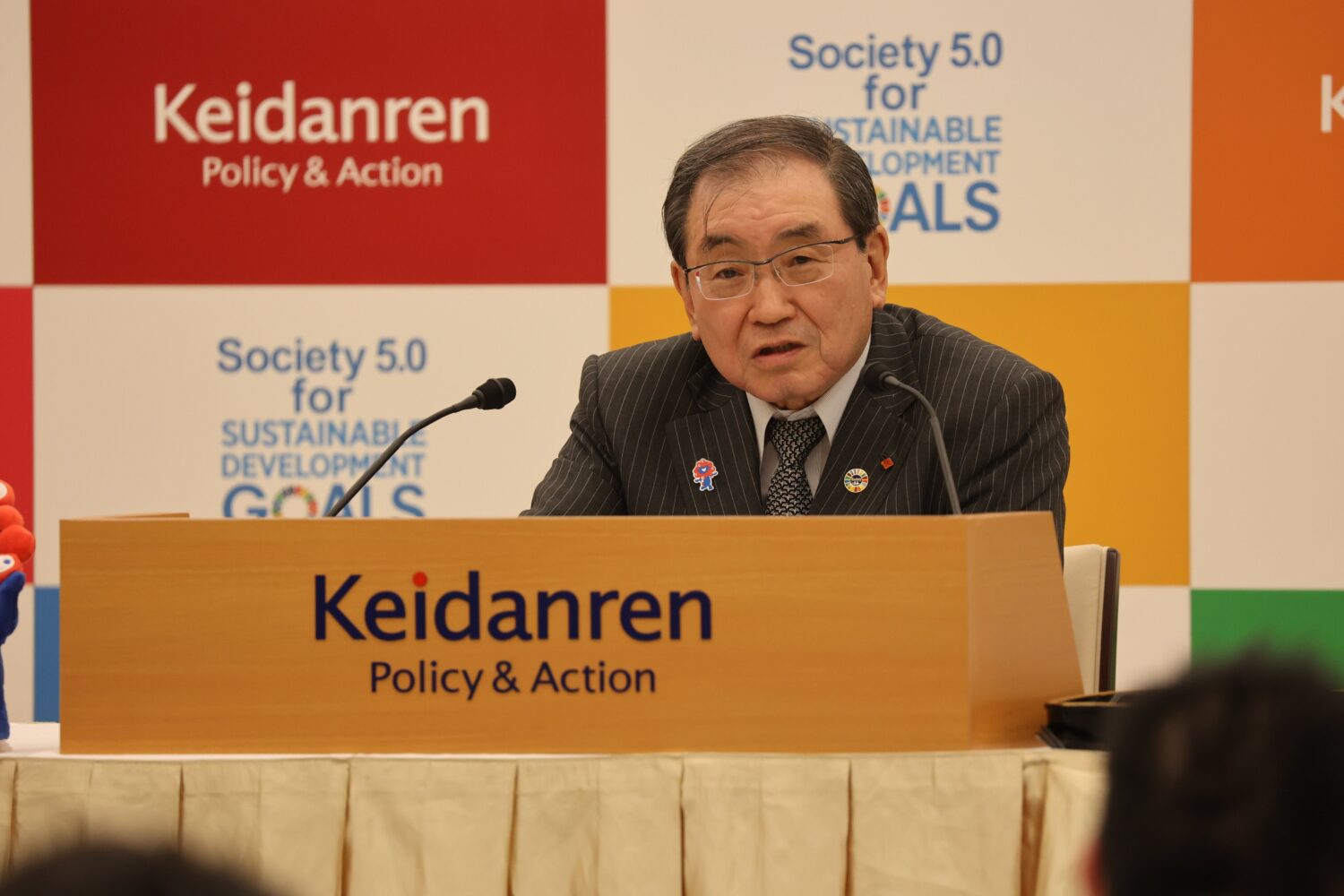Major provisions of the GX Decarbonization Power Supply Bill related to nuclear power are as follows:
- Clarifying principles on the use of nuclear power (the Atomic Energy Basic Law)
- Tightening regulation of aging reactors (the Law for the Regulation of Nuclear Source Material, Nuclear Fuel Material and Reactors, or the Reactor Regulation Law)
- Developing rules related to operating lifetimes of nuclear reactors (the Electricity Business Law)
- Promoting smooth, steady reactor decommissioning (the Spent Nuclear Fuel Reprocessing Fund Act)
The amendments to the Atomic Energy Basic Law, under the sections on Purpose and Basic Policy, respectively, newly included the phrases “prevention of global warming” and “sincerely reflecting that the accident at the Fukushima Daiichi was not prevented,” to clarify the value of nuclear utilization and the idea that the top priority is safety.
There are also new provisions for accelerating backend processes, including some on decommissioning and final disposal, and another concerning the “responsibility of the government and operators” related to improvements of voluntary nuclear safety and disaster prevention measures.
As for the regulation of aging reactors, the Nuclear Regulation Authority (NRA), ahead of enactment of the legislation, is already deliberating technical aspects. The proposed new system will require a nuclear operator to (1) make a technical evaluation of deterioration at the 30th year of operation of a nuclear power plant (NPP) and every ten years thereafter, and (2) issue a long-term facility management plan based on the evaluation results and pass a safety examination by the NRA.
Regulation of operating lifetimes will be transferred from the Reactor Regulation Law to the Electricity Business Law. As is the case now, the principles of 40-year operating lifetimes and extensions up to 20 years will be maintained. Extensions of operating lifetimes will require recognition by the Ministry of Economy, Trade and Industry (METI) of contributions to supply stability and green transformation (GX), as well as improvements to voluntary safety and disaster prevention measures.
When an NPP’s operating lifetime is extended by 20 years, calculations of operating lifetime periods of suspension will not be counted in the unit’s history due to reasons that the operator could not have foreseen (including those resulting from judicial judgments or requirements of safety regulation following the massive earthquake in March 2011). As a result, nuclear operators will be able to operate some NPPs beyond 60 years from their actual entry into service.
In the Spent Nuclear Fuel Reprocessing Fund Act, meanwhile, oversight of decommissioning work nationwide will be added to operations of the Nuclear Reprocessing Organization of Japan (NuRO), a METI licensed contractor.












